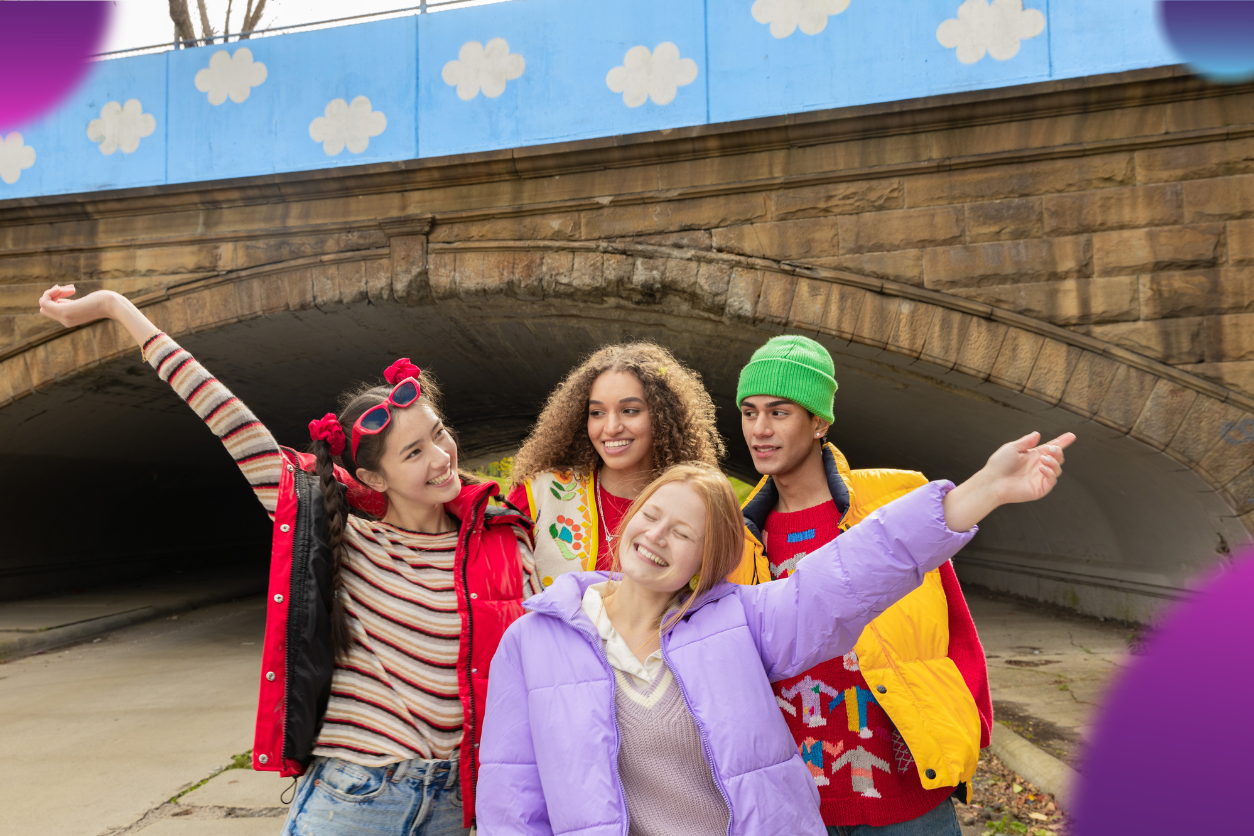Artificial intelligence (AI) is no longer a futuristic concept—it’s a daily reality that’s already reshaping how creators make content and how fans consume it. From AI editing tools to algorithm-driven discovery engines, AI is redefining what’s possible in the creator economy. But what does this mean for the future of content creation? Will AI empower or replace creators? And how will it change the relationship between creators and their audiences?
How AI Is Already Supporting Creators
AI is already used in many tools and platforms that creators rely on every day. From automated video editors like Runway to image generators like Midjourney, creators now have powerful tools that simplify time-consuming tasks. AI transcription services such as Descript and Otter.ai help podcasters and video creators speed up their work. Meanwhile, ChatGPT and similar AI copy tools make brainstorming, scriptwriting, and caption creation faster.
As AI improves, creators can focus more on the art, story, or message—rather than getting stuck in logistics. According to creator economy researcher Li Jin, “AI will free up creators to do more of what they love by taking over the repetitive parts of the job.”
AI and Content Discovery: Friend or Foe?
AI plays a big role in how fans find new content. Recommendation engines on platforms like TikTok and YouTube surface content based on user behavior. This gives smaller creators a chance to gain visibility quickly—something that used to take much longer through SEO or paid ads.
However, creators now depend heavily on algorithms. A video’s success often depends on how well it fits an algorithm, not necessarily how it connects with real people. This creates stress and encourages creators to chase trends rather than build lasting connections.
The Rise of AI-Generated Influencers
Another big change is the rise of AI-generated influencers. Digital avatars like Lil Miquela and Imma have gained millions of followers—even though they aren’t real. Agencies manage these avatars by scripting their posts and shaping their online presence.
Some see this as a concern. If brands find that AI influencers perform better, they might stop paying real people to promote products. Others view it as a creative opportunity. Creators can use AI to build characters or add new dimensions to their brand without showing their real selves.
The Creator-Fan Relationship Is Evolving
Fans want authenticity and human connection. AI can support this, but it can also make it more difficult. On the plus side, AI helps creators personalize responses, make exclusive content, or run scalable experiences. On the flip side, fans may feel disconnected if they suspect they’re interacting with a bot.
Transparency will matter more than ever. Digital strategist Brian Fanzo says, “Creators that embrace AI but remain transparent about how they use it will earn more trust than those who pretend they’re doing it all solo.”
Will AI Replace Creators? Not Likely
AI can generate content, but it still lacks emotion, humor, and cultural context—things that make content relatable. What AI does best is help creators do more with less time. It removes barriers and opens doors.
Looking ahead, creators who embrace AI as a partner will thrive. It won’t replace them—it will boost their ability to grow and connect.
Final Thoughts
AI is already changing the creator economy. It streamlines workflows, changes how people discover content, and opens new ways to connect with fans. Those who adapt early will have the biggest advantage.
As we move forward, the key question isn’t “Will AI take over?” It’s “How can we use AI to grow creativity, connection, and community in the digital world?”


